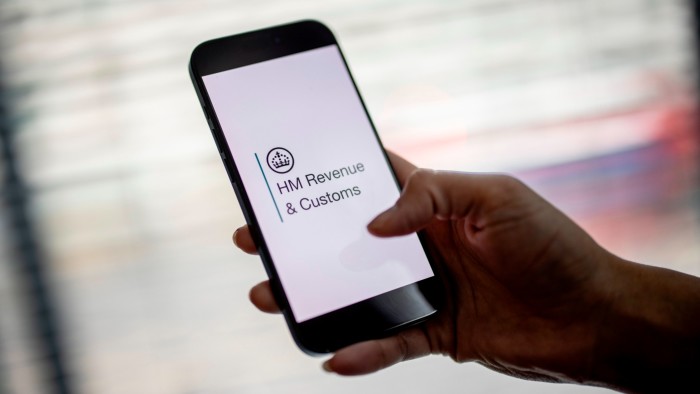Unlock the Editor’s Digest for free
Roula Khalaf, Editor of the FT, selects her favourite stories in this weekly newsletter.
More than 3.4mn people are yet to file their tax return a week before the deadline, with tax experts warning HM Revenue & Customs is taking a tougher approach on self-assessment penalties than in the past.
Failure to submit a self-assessment tax return by January 31 attracts an immediate £100 penalty, which applies even if there is no tax to pay, or if the tax due is paid on time. And there is potential for further penalties the longer the return is late.
Separately, there are additional penalties for failing to pay on time, with fines of 5 per cent of the tax due after 30 days, six months and 12 months.
HMRC said this week that 8.6mn people, roughly two-thirds of those required to file a tax return, had already done so. It urged anyone still needing to file a return to do so by the deadline.
Tax experts warned that HMRC is more likely to give penalties in relation to tax returns than in the past. In addition to the penalties, taxpayers will also have to pay a late payment interest rate of 7.25 per cent on the tax owed.
Neela Chauhan, partner at UHY Hacker Young, an accountancy group, said: “HMRC sees fines as an essential part of the taxes it raises for the government and it will issue fines even if you miss their deadlines by a small margin.”
A freedom of information request submitted by the firm found that the number of people penalised for missing the January deadline increased by nearly 50 per cent to 600,000 in 2022-23 from 410,000 in 2021-22.
Meanwhile, the value of penalties issued for late payment of self-assessment tax also jumped to £167mn in 2022-23, up from £120mn in 2021-22.
However, she added that it was important to challenge any fines and penalties if you believe them to be incorrect, as they can be cancelled or reduced if the taxpayer can show a reasonable excuse.
Of the 600,000 late penalties issued in 2022-23, 50,000 were cancelled following a challenge.
Those who want to pay their tax on time but cannot afford to pay it in full by the deadline can set up a “Time to Pay” instalments plan with HMRC.
More people have been required to file a tax return as a result of the government cutting allowances and freezing many tax thresholds since 2022, and experts expect this trend to continue.
Freezing thresholds, rather than raising them in line with inflation, increases tax receipts as rising wages and asset values tip ever greater numbers of people into the tax system or on to higher rates, a phenomenon known as “fiscal drag”.



